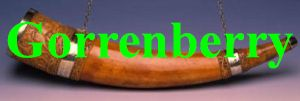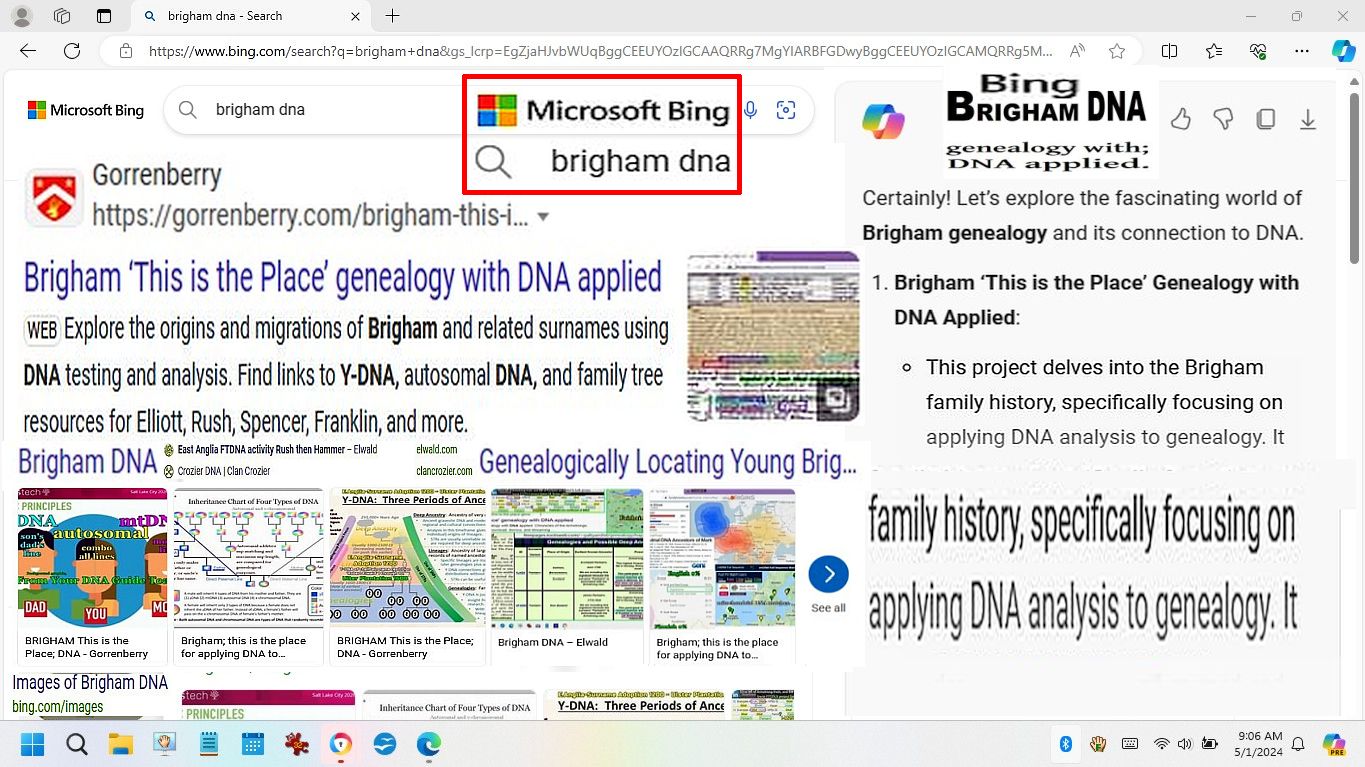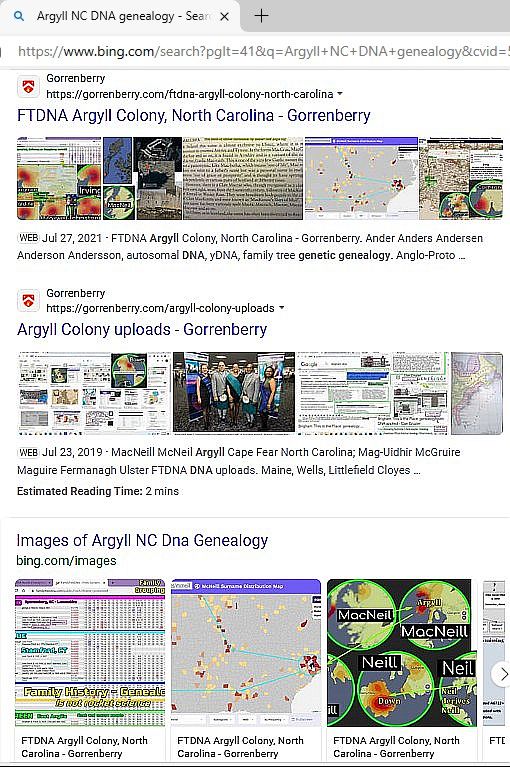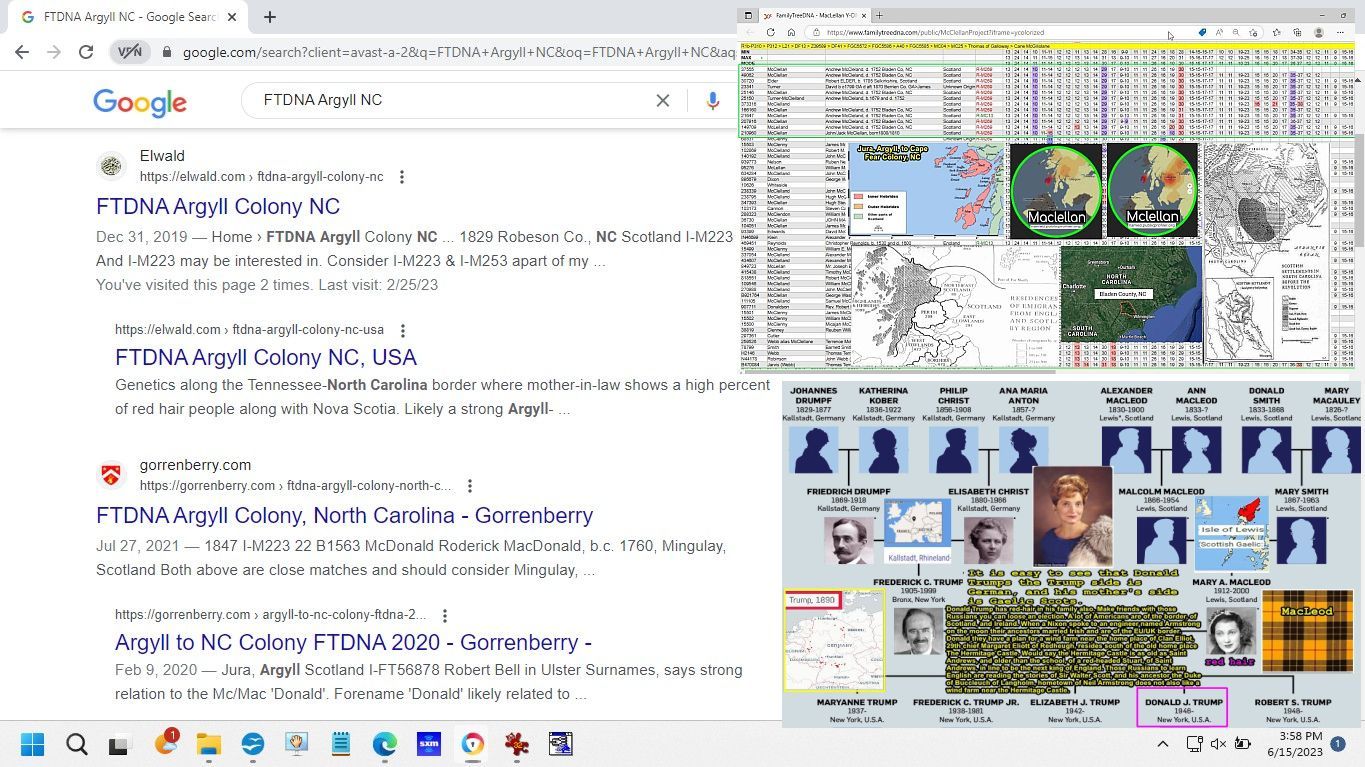FTDNA Greenspan – Elwald
Daniel Elliot (1637–1704) • FamilySearch
Mark Elliott
Mark Elliott
Mark Elliott
Mark Elliott
Mark Elliott
Mark Elliott
Mark Elliott
Mark Elliott
Mark Elliott
Mark Elliott
Mark Elliott
Mark Elliott
Mark Elliott
Mark Elliott
Mark Elliott
Mark Elliott
Mark Elliott
Mark Elliott
Mark Elliott
Mark Elliott
Mark Elliott
Mark Elliott
Mark Elliott
Mark Elliott
Mark Elliott
Mark Elliott
Mark Elliott
Mark Elliott
Mark Elliott
Mark Elliott
Mark Elliott
Mark Elliott
Mark Elliott
Mark Elliott
Mark Elliott
Mark Elliott
Mark Elliott
Mark Elliott
Mark Elliott
Mark Elliott
Mark Elliott
Mark Elliott
Mark Elliott
Mark Elliott
Mark Elliott
Mark Elliott
Mark Elliott
Mark Elliott
Mark Elliott
Mark Elliott
Mark Elliott
Mark Elliott
Mark Elliott
Mark Elliott
Mark Elliott
Mark Elliott
Mark Elliott
Mark Elliott
Mark Elliott
Mark Elliott
Mark Elliott
Mark Elliott
Mark Elliott
Mark Elliott
Mark Elliott
Mark Elliott
Mark Elliott
Mark Elliott
Mark Elliott
Mark Elliott
Mark Elliott
Mark Elliott
Mark Elliott
Mark Elliott
Mark Elliott
Mark Elliott
Mark Elliott
Mark Elliott
Mark Elliott
Mark Elliott
Mark Elliott
Mark Elliott
Mark Elliott
Mark Elliott
Mark Elliott
Mark Elliott
Mark Elliott
Mark Elliott
Mark Elliott
Mark Elliott
Mark Elliott
Mark Elliott
Mark Elliott
Mark Elliott
Mark Elliott
Mark Elliott
Mark Elliott
Mark Elliott
Mark Elliott
Mark Elliott
Mark Elliott
Mark Elliott
Mark Elliott
Mark Elliott
Mark Elliott
Mark Elliott
Mark Elliott
Mark Elliott
Mark Elliott
Mark Elliott
Mark Elliott
Mark Elliott
Mark Elliott
Mark Elliott
Mark Elliott
Mark Elliott
Mark Elliott
Mark Elliott
Mark Elliott
Mark Elliott
Mark Elliott
Mark Elliott
Mark Elliott
Mark Elliott
Mark Elliott
Mark Elliott
Mark Elliott
Mark Elliott
Mark Elliott
Mark Elliott
Mark Elliott
Mark Elliott
Mark Elliott
Mark Elliott
Mark Elliott
Mark Elliott
Mark Elliott
Mark Elliott
Mark Elliott
Mark Elliott
Mark Elliott
Mark Elliott
Mark Elliott
Mark Elliott
Mark Elliott
Mark Elliott
Mark Elliott
Mark Elliott
Mark Elliott
Mark Elliott
Mark Elliott
Mark Elliott
Mark Elliott
Mark Elliott
Mark Elliott
Mark Elliott
Mark Elliott
Mark Elliott
Mark Elliott
Mark Elliott
Mark Elliott
Mark Elliott
Mark Elliott
Mark Elliott
Mark Elliott
Mark Elliott
Mark Elliott
Mark Elliott
Mark Elliott
Mark Elliott
Mark Elliott
Mark Elliott
Mark Elliott
Mark Elliott
Mark Elliott
Mark Elliott
Mark Elliott
Mark Elliott
Mark Elliott
Mark Elliott
Mark Elliott
Mark Elliott
Mark Elliott
Mark Elliott
Former Admin
Mark Elliott
Mark Elliott








Buie of Jura Y-DNA SNP BY13651 uploads – Gorrenberry
THE USE OF THE SCANDINAVIAN PLACE-NAME ELEMENTS -SÆTR AND -ÆRGI IN SKYE AND THE OUTER HEBRIDES: A SITE AND SITUATION STUDY RYAN FOSTER
The Argyll Colony Plus
theargyllcolonyplus.org/
https://theargyllcolonyplus.org/history/
https://www.familysearch.org/search/catalog/490667
https://www.familysearch.org/search/catalog/1012569
http://capefearclans.com/JohnMcPherson2.html
http://www.ralstongenealogy.com/number15kintmag.htm#start
https://your-family-history.com/surname/e/ellwood/
https://named.publicprofiler.org/
https://forebears.io/surnames/forster
http://scaledinnovation.com/gg/biMapper.html?options=2ap
https://nvk.genealogy.net/map/1890:Forster
Meyers Gazetteer ‘Forster’
FTDNA Foster Forster – Gorrenberry
https://nvk.genealogy.net/map/1890:F%C3%B6rster,1890:Foerster,1890:Forster,1890:Forst
https://upload.wikimedia.org/wikipedia/en/4/43/Sasine_deed_1484_for_Robert_Elwald_%28Elliot%29%2C_Redheugh%2C_Larriston%2C_Hartsgarth.jpg
https://elwald.com/wp-content/uploads/2016/01/1590-Liddesdale-March-map.png